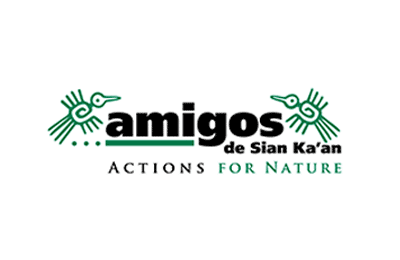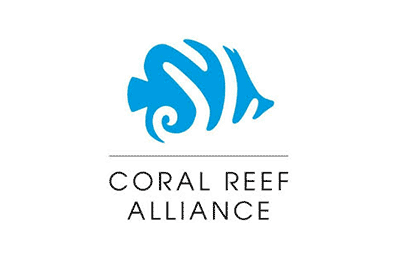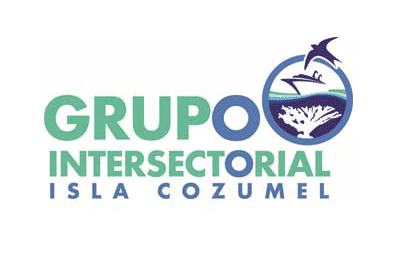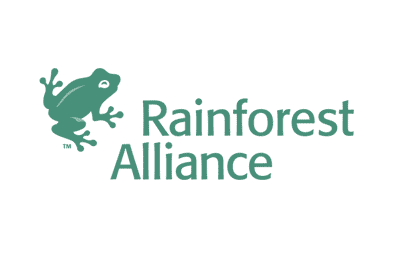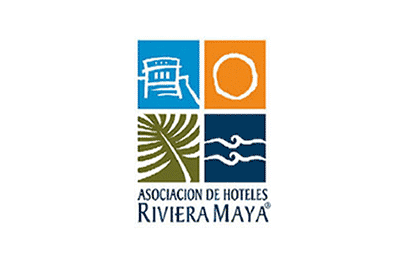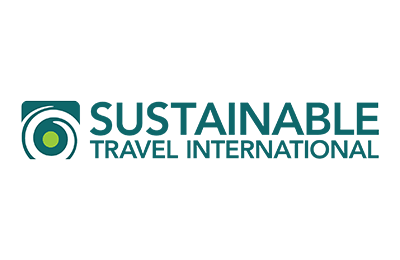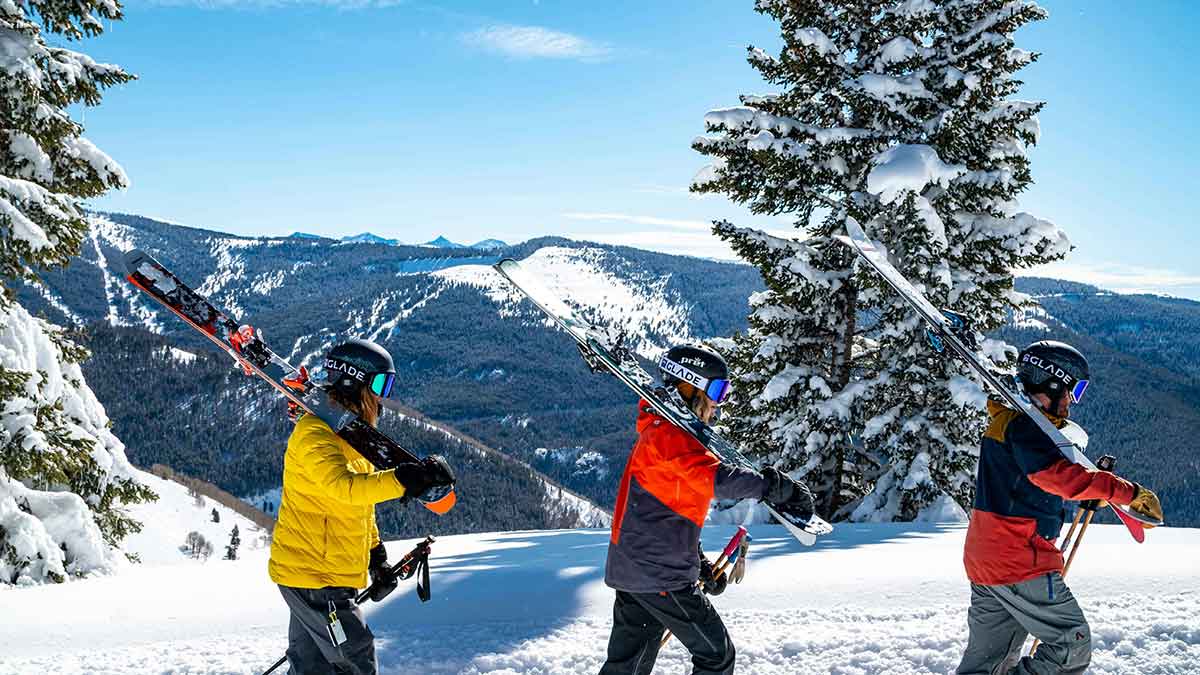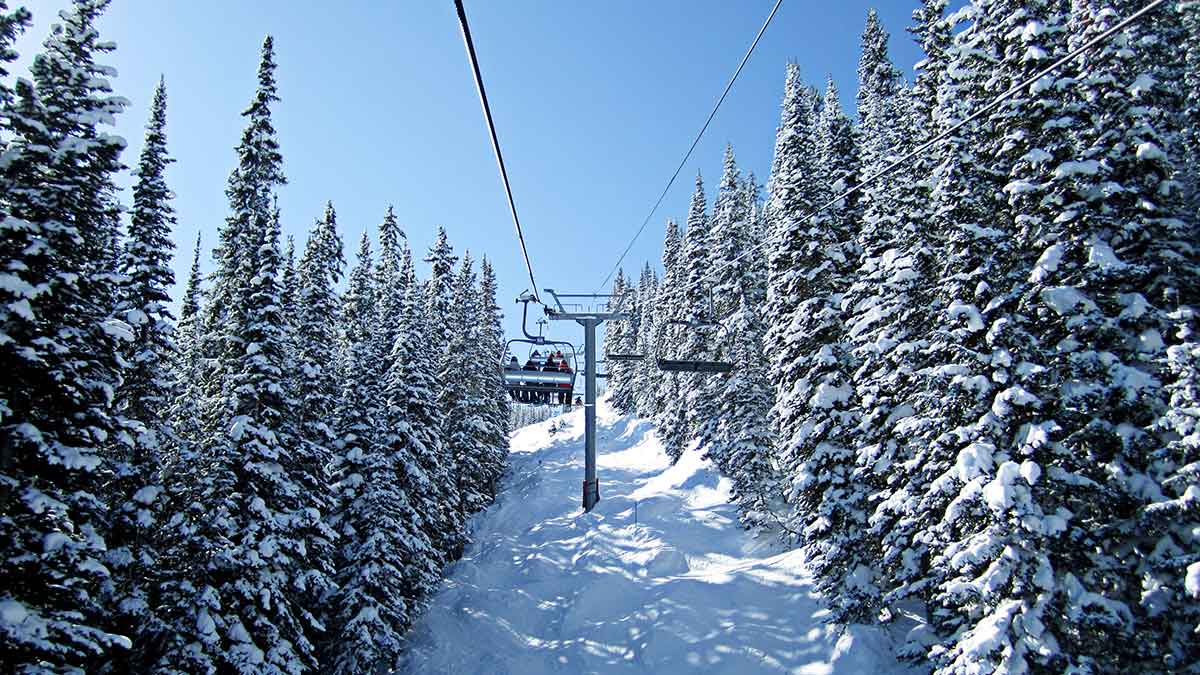The Mesoamerican Reef Tourism Initiative (MARTI) worked in destinations bordering the world’s second-largest reef system to maintain a vibrant tourism industry that supports local communities and contributes to a healthy ecosystem.
Stretching for 600 miles (965 kilometers) along the coast of Mexico, Belize, Guatemala, and Honduras, the Mesoamerican Reef is the second-largest reef system in the world. It supports a wealth of marine life including more than 500 species of fish and 65 species of coral. Along the shoreline, mangroves and seagrass beds provide habitat and foraging grounds for sea turtles, sharks, manatees, and dolphins. The coastal vegetation also filters silt and agricultural toxins contained in the run-off from large-scale agriculture further inland.
While tourism is a welcome source of economic wealth and provides an important development opportunity for the region, the effects of poorly planned tourism and environmentally harmful practices damage the reef. The tourism industry benefits greatly from the beautiful land and seascapes, as do the two million local people who depend on the reef for their lives and livelihoods. However, the reef is highly vulnerable and needs to be protected to ensure its health, ecosystem services, and appeal. According to the Healthy Reefs For Healthy People Initiative, a group that tracks the reef’s health, more than 70 percent of the reef was listed in critical or poor condition in 2010. Unless these trends are reversed, the region’s fastest-growing industry threatens to undermine the very heart of what makes the region so attractive to millions of visitors each year.
The natural environment is not the only thing at risk in this region. Local communities suffer from wage disparity despite living in a tourism hotspot. This is caused by a lack of fair-wage jobs and a commitment to the social-economic benefits of tourism.
Our Role
The Mesoamerican Reef Tourism Initiative (MARTI) was a multi-stakeholder private, non-profit partnership led by Sustainable Travel International, in conjunction with Amigos de Sian Ka’an, Coral Reef Alliance, Rainforest Alliance, Riviera Maya Hotel Association, and Grupo Intersectorial Isla Cozumel. MARTI was created in response to the realization that the rapidly expanding tourism industry in the Mesoamerican Reef region was a growing threat to the health of the reef.
MARTI worked with the tourism industry in destinations that border the Mesoamerican Reef to raise awareness around this issue and implement best practices to conserve the reef. MARTI engaged the breadth of the tourism industry, including destination authorities, hoteliers, indigenous community tourism initiatives, cruise lines, and marine recreation service providers. It also provided training and know-how on sustainable practices tailored to local conditions. Throughout its 13-year history, MARTI delivered a wide range of solutions to the Mesoamerican Reef region.
Reducing Water Pollution
Many communities in the Mesoamerican Reef have poor wastewater treatment systems resulting in pathogens and pollutants entering the groundwater and, eventually, the sea. These toxins contaminate the groundwater and lead to the growth of macroalgae blooms that threaten to smother the reef. To address these issues, MARTI:
- Equipped policymakers with the information and tools they needed to create more robust standards for wastewater treatment. MARTI’s work in the Riviera Maya and Cozumel led local land-use planners to prioritize this issue in local land-use plans.
- Helped homeowners and businesses connect to the municipal sewage system. As a result of MARTI’s work, dozens of homes and businesses in Mexico and Honduras are now connected to the system and eliminating the seepage of raw sewage into the ground.
- Helped cruise lines reduce the amount of wastewater discharged into the ocean – both at sea and in ports.
Tackling Climate Change and Encouraging Sustainable Resource Use
Tourism businesses along the Mesoamerican Reef use a large amount of natural resources and emit above-average amounts of carbon dioxide, which speeds up climate change. To combat these emissions, MARTI has implemented plans that help tourism companies not only reduce their carbon footprints but also contribute to the creation of policies that work to reduce future impacts from new tourism development. To achieve these goals, MARTI:
- Worked with hotels to reduce their carbon emissions by establishing an emissions baseline, creating an actionable plan for greenhouse gas reduction, measuring progress over time, and promoting their achievements.
- Helped residents take a more active role in destination management — including influencing land-use policies that increase density in tourism hubs and create stricter environmental regulations for developers.
- Partnered with organizations such as the Riviera Maya Hotel Association to help numerous hotels conserve water by determining a water-use baseline, creating an actionable plan around water-reduction tactics, measuring progress over time, and promoting their achievements.
Increasing Local Livelihoods
The vast majority of tourism revenue in the Mesoamerican Reef region is generated within tourist hubs, such as the Riviera Maya. This makies it difficult for more remote communities to benefit from the booming tourism economy. MARTI has:
- Linked hotel owners with NGOs that bring artisans’ products to market. Scarves, rugs, jams, and other local goods are now sold at Riviera Maya hotels and resorts, which means tourism dollars are finding a means of reaching the remote communities.
- Established a community-led ecotourism destination that offers authentic travel experiences and an additional source of income for Mayan communities.
Location

Destination: Mexico, Honduras, Belize, Guatemala

Region: Mesoamerican Reef
Dates
2006 – 2018
Program
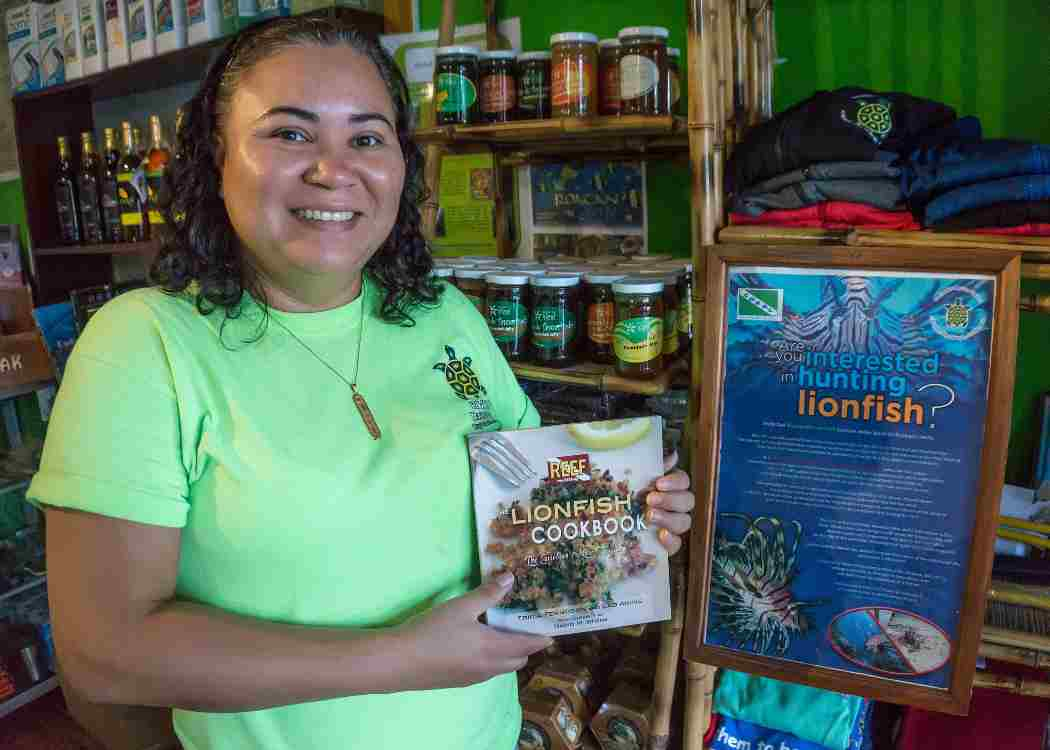
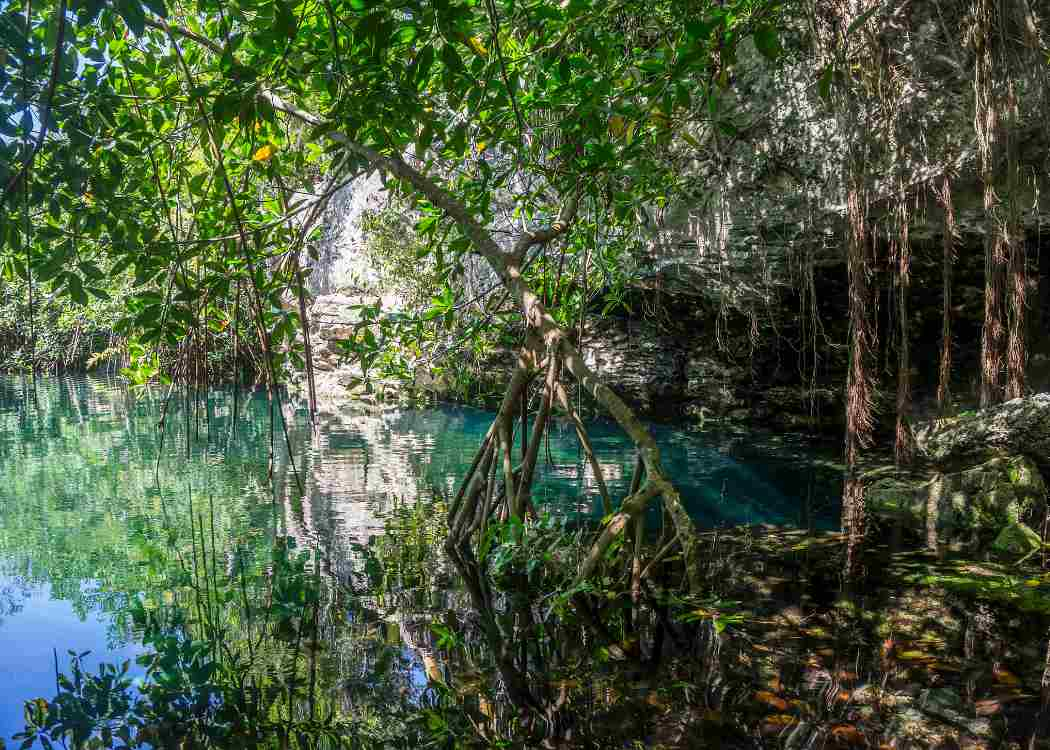
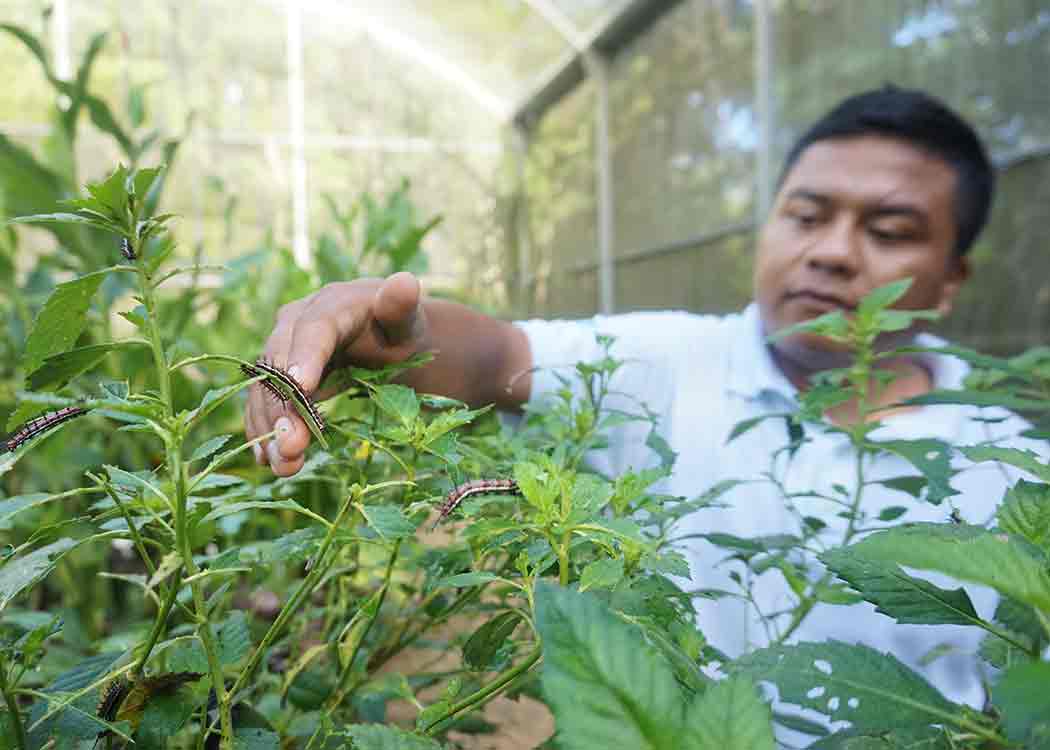
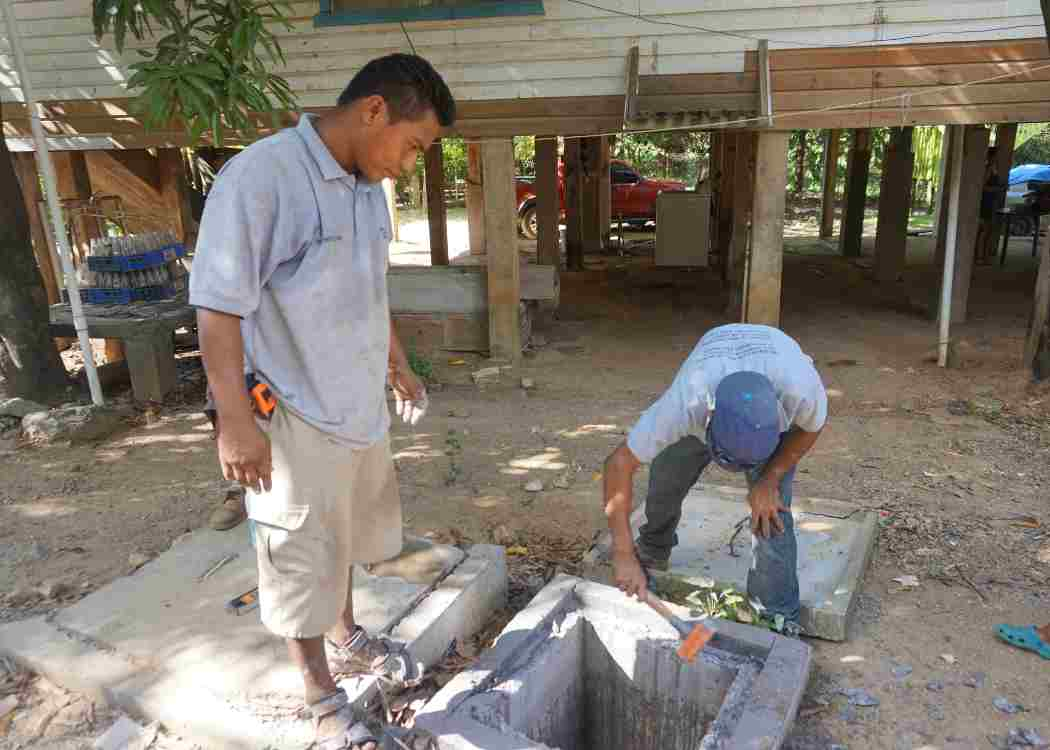
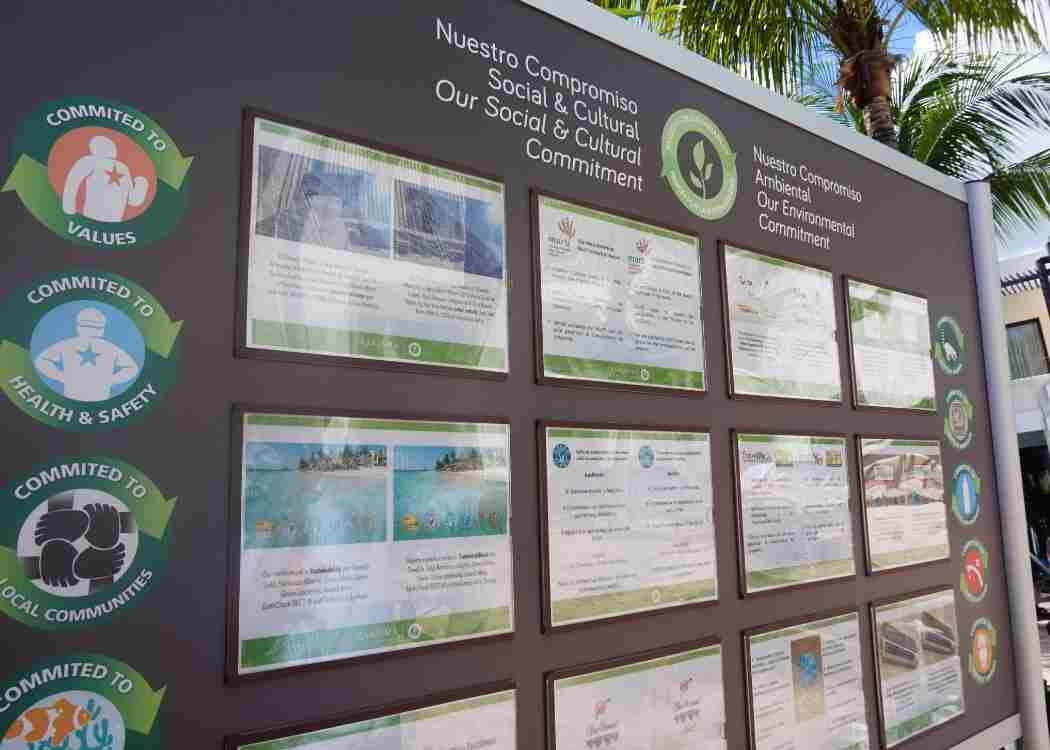
News & Stories
Protect the Places You Love
Help conserve our planet’s most vulnerable destinations and empower the people who live there.



